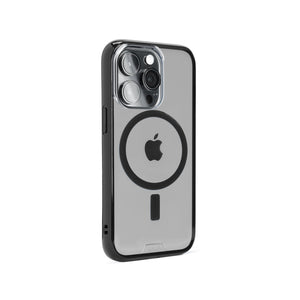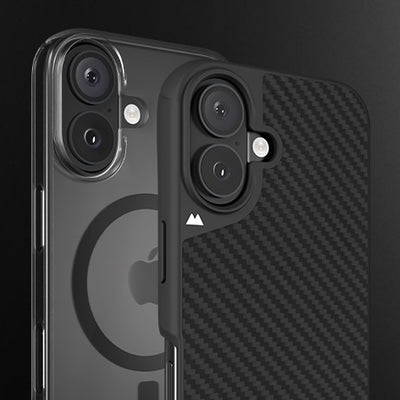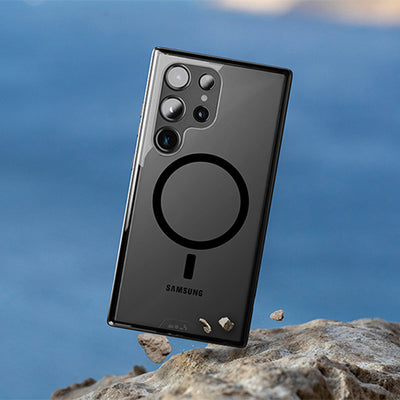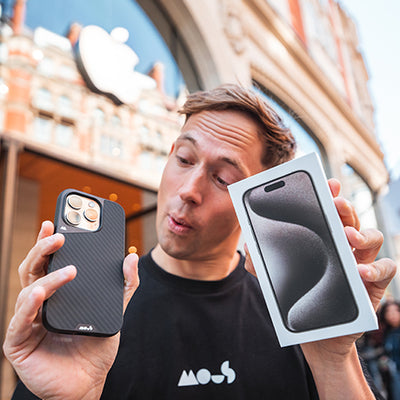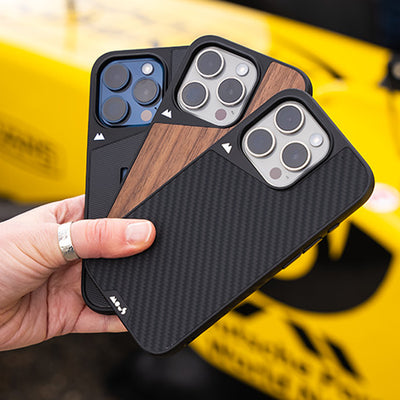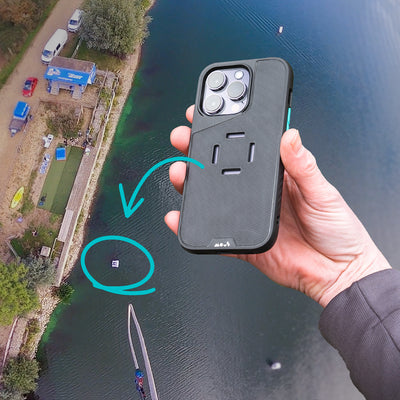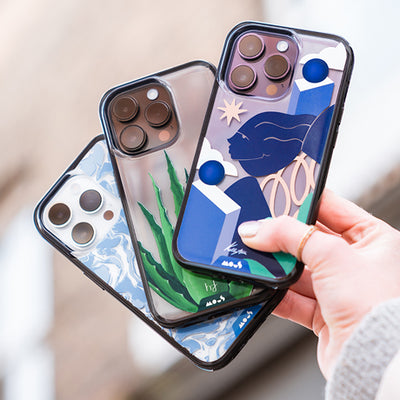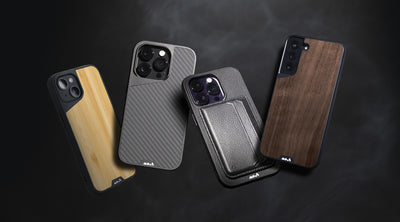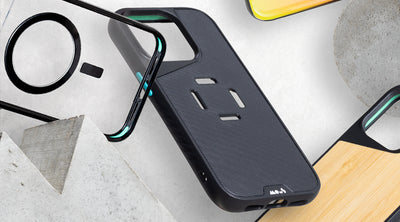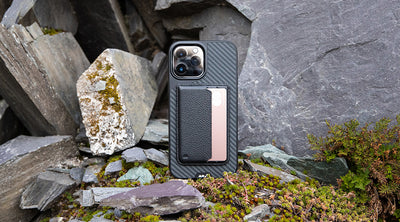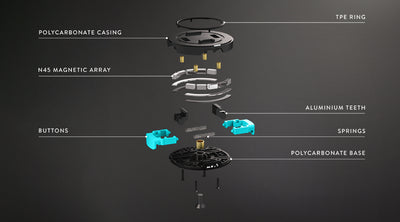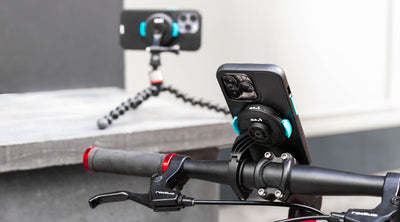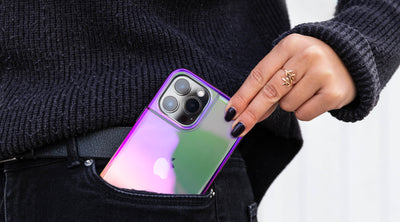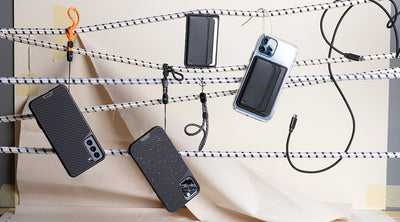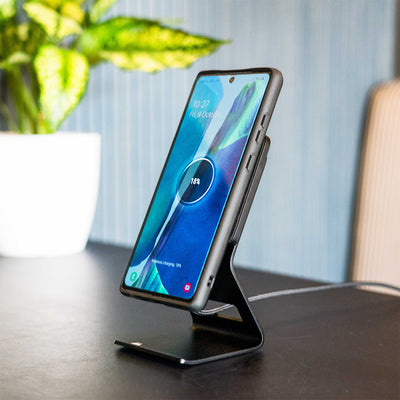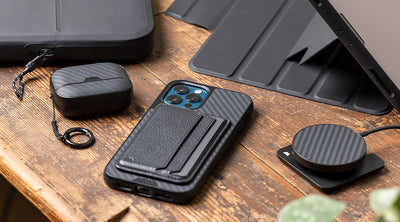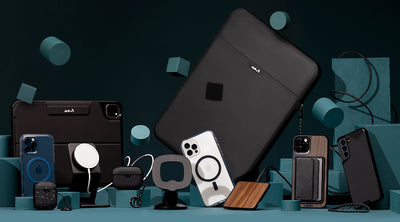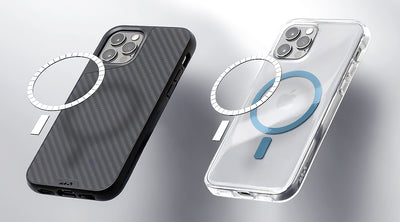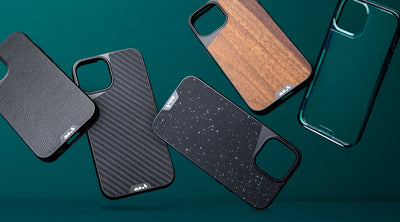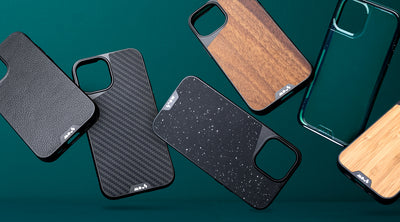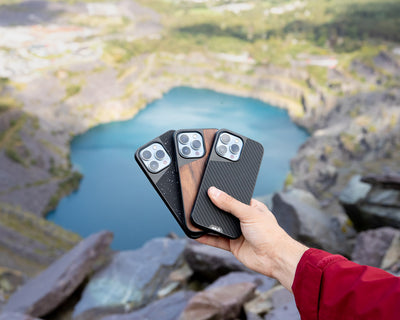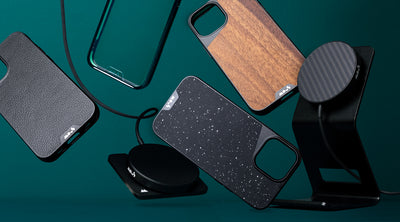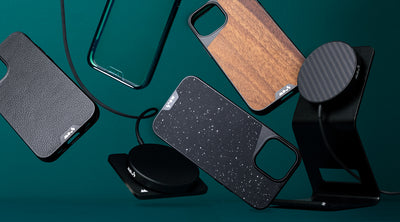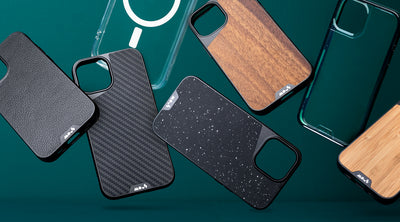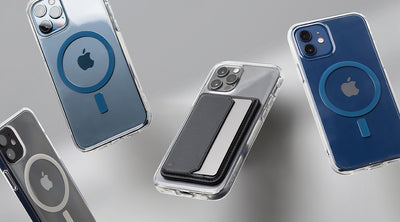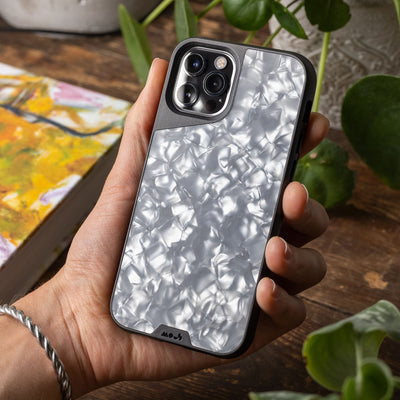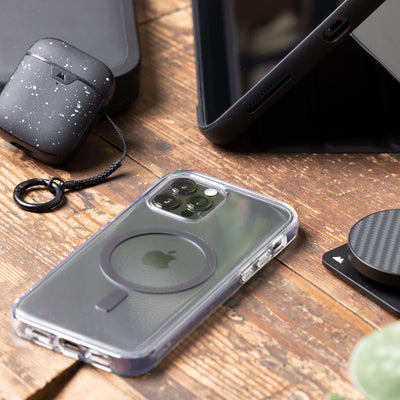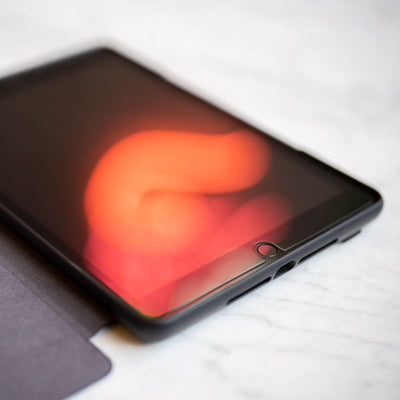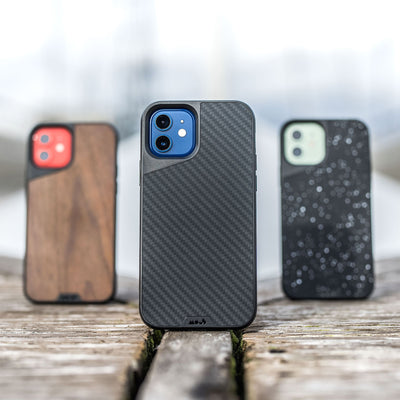How does wireless charging work?
With innovations being made across the board and Apple unveiling their MagSafe system of Wireless Chargers, wireless charging has never been more relevant or viable than it is right now. The prospect of charging without cables has come a long way from its humble beginnings and it’s truly shaken off its reputation for being an unreliable, slower alternative to traditional charging methods. With rumours that Apple et al have an ambition to remove charging ports from their devices altogether, now is as good a time as any to learn exactly how wireless charging actually works.
What's the Science of Wireless Charging?
Wireless chargers use magnetism to transmit energy. At its core, wireless charging works by utilising a loop of coiled wires around a bar magnet - this is known as an inductor. When a current of electricity passes through the coiled wire, it creates an electromagnetic field around the magnet, which can then be used to transfer electromagnetic power (voltage) to something nearby.
Imagine it a bit like this - the electricity comes out of the socket in your wall, down the wire of the wireless charger, into the coil of wire around the magnet. When it reaches the coil around the magnet, the magnet uses its magnetic force to grab all the electrical energy. This creates a cloud of electricity around the wireless charger. That’s a little simpler than the actual process (sorry physicists) but it gives you a good way to picture what’s happening in your wireless charger.
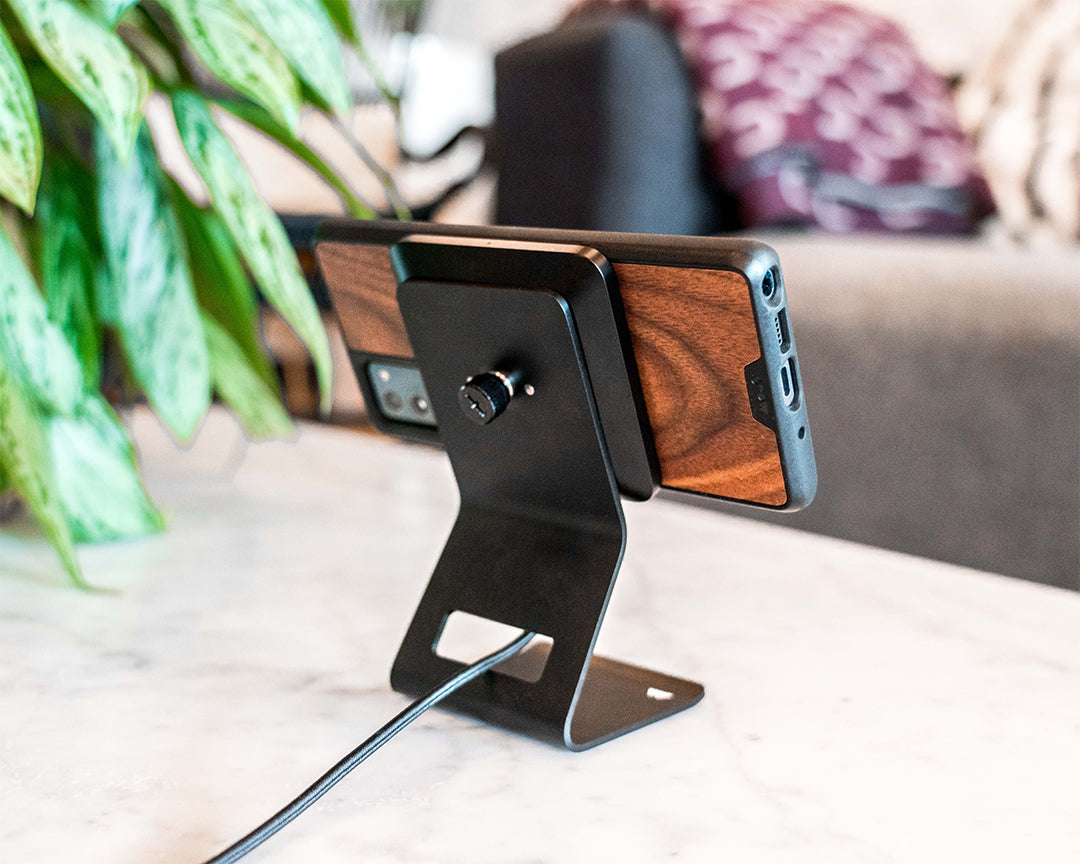
Any device which can be wirelessly charged has its own charging coil inside, attached to the device’s battery, ready to receive the electromagnetic force. The electromagnetic field (the cloud of electricity) interacts with the coil in your device, and creates a current inside the device. This is because the coil itself is capable of converting magnetic energy back into electrical energy (or direct current, as is more accurate), which can then charge the battery in your device.
To extend our ‘electrical cloud’ thought exercise - imagine that you put your device, let’s say your phone, on top of your wireless charger. Your phone has a coil in it which is able to grab the bits of electricity out of the electrical cloud that your wireless charger has created. The coil in your phone grabs all the particles of electricity, turns them back into a steady stream of electricity, and pours that stream into your battery. Clever, no?
This is a simple explanation of a complex scientific idea, but hopefully helps you visualise how the charging process works.
Which Devices Can I Wirelessly Charge?
Not every device can be wirelessly charged, it needs to have been built with the necessary charging coil, connected to the battery. You’ll find though that an increasing number of devices are constructed with wireless capable technology, particularly smartphones. Samsung, Apple, Sony and LG, to name but a few, have all embraced wireless charging technology in the past few years, and some are even starting to produce their own wireless charger. Apple in particular are looking to make wireless charging a staple across their entire product line - Apple Watches, and some AirPods all wireless charging compatible.
Which Wireless Charger Should I Go For?
The most important criteria in selecting your wireless charger is checking that it is Qi-certified. Because of the increasing interest in wireless charging, a Wireless Power Consortium was established and they’ve established the Qi (you pronounce it like ‘chee’) protocol, which dictates how the charger and the device work together. This is a fairly complicated protocol, but all you really need to know is that Qi-certified chargers work with Qi-certified devices. If you are looking to buy a wireless charger for your device you should absolutely look for a Qi-certified charger, it’s the most effective way to ensure the safety of your device. Chargers which aren’t Qi-certified may be more likely to experience problems, the most common of which is overheating. An overheated charger could easily damage your phone - not to mention, cause you actual, physical harm - so it’s not worth the risk.

Mous’s Wireless Charger Ranges
We launched our range of AutoAlign+™ wireless chargers at the start of 2021. They magnetically align to our Limitless 3.0 cases to ensure a perfectly optimised charge every time you use it. The range includes wireless charger pads in walnut or aramid fibre which you can also purchase with a stand angled at the optimal 66 degree viewing angle. We have AutoAlign+™ wireless charging car vent and suction mounts too so that you can enjoy perfectly aligned charges anywhere.
When we launched our MagSafe® compatible cases, we took what we learnt engineering our range of AutoAlign+™ wireless chargers and developed our MagSafe compatible wireless chargers. Our MagSafe compatible wireless charging offering is designed for maximum flexibility for where you charge your phone and for style as well as substance. Choose between either rugged aramid fibre or refined matte black finishes. You can then either pair it with a stand for optimal viewing or a dock to stop it sliding around your desk. We’ve also just launched MagSafe compatible charger mounts. Our MagSafe compatible wireless charging car vent mount will give you the boost you need to get you where you’re going. Meanwhile, our MagSafe compatible wireless charging suction mount will charge you up wherever you are. We engineered both for seriously rapid charge speeds with hands-free functionality.
Our range of wireless chargers is designed to suit your lifestyle, whether you’re an Android or iPhone user and however you like to charge. See the whole range here.
About Mous
Mous was born of the realisation that aesthetic cases weren’t protective and protective cases were ugly, inspiring us to develop a range of phone cases that were both extremely protective and beautifully crafted. From dropping phones off 45ft cranes to throwing iPhones out of helicopters, our journey has been anything but traditional. We want to raise people’s expectations of what a phone case can deliver, creating stylish and practical products that can protect your most valued tools. We’ve managed to make our ideas of aesthetic, but protective phone cases into reality, alongside creating other phone accessories such as AirPods cases, screen protectors, and so much more.











